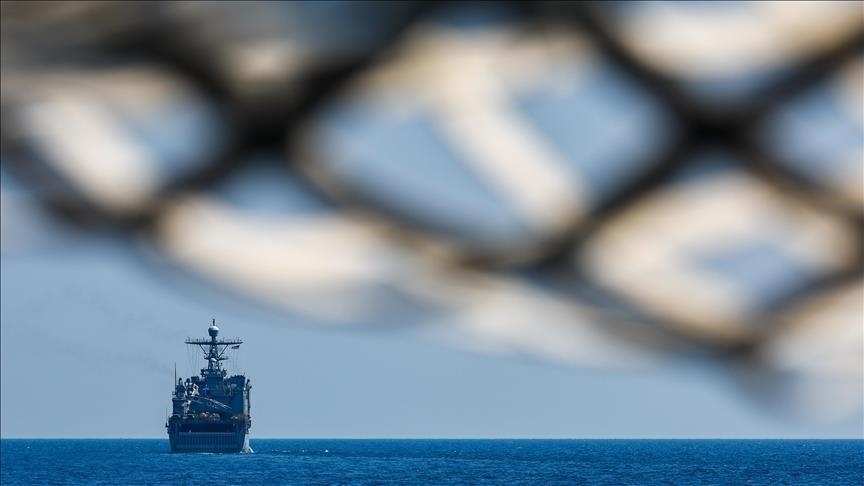Retirement of US military’s southern command chief follows dispute about Caribbean strikes: Report
Adm. Alvin Holsey reportedly steps down after tense meeting with US defense chief amid intensifying naval operations
 File Photo
File Photo
ISTANBUL
Adm. Alvin Holsey, head of the US Southern Command, resigned after a tense exchange with US Defense Secretary Pete Hegseth about recent Caribbean naval strikes, The Atlantic reported Friday.
Holsey oversaw an unprecedented mission on Sept. 2, that targeted suspected drug boats in the Caribbean. Sources revealed that Holsey raised concerns about the mission that authorized strikes on suspected drug boats without prior warning or interdiction. The attacks by the US have resulted in the deaths of at least 43 people.
Officials said Holsey’s concerns prompted a tense meeting with Hegseth, after which the 37-year Navy veteran announced plans to resign next month, less than a year into his three-year term.
Holsey was promoted Nov. 7, 2024, to admiral and assumed the position that normally lasts three years.
The Pentagon confirmed earlier that Holsey will retire at the end of the year. Hegseth praised the admiral’s “unwavering commitment to mission, people, and nation,” without providing details on the reason for his early departure.
The strikes have intensified despite unresolved legal questions, with an overnight attack reportedly killing six, according to Hegseth.
The Pentagon announced that the USS Gerald R. Ford aircraft-carrier strike group, carrying up to 5,000 troops, will move from the Mediterranean Sea to the Caribbean.
Officials said the deployment aims to “bolster U.S. capacity to detect, monitor, and disrupt illicit actors,” suggesting that the campaign, which began targeting small maritime drug traffickers, is expanding into a much larger operation.








